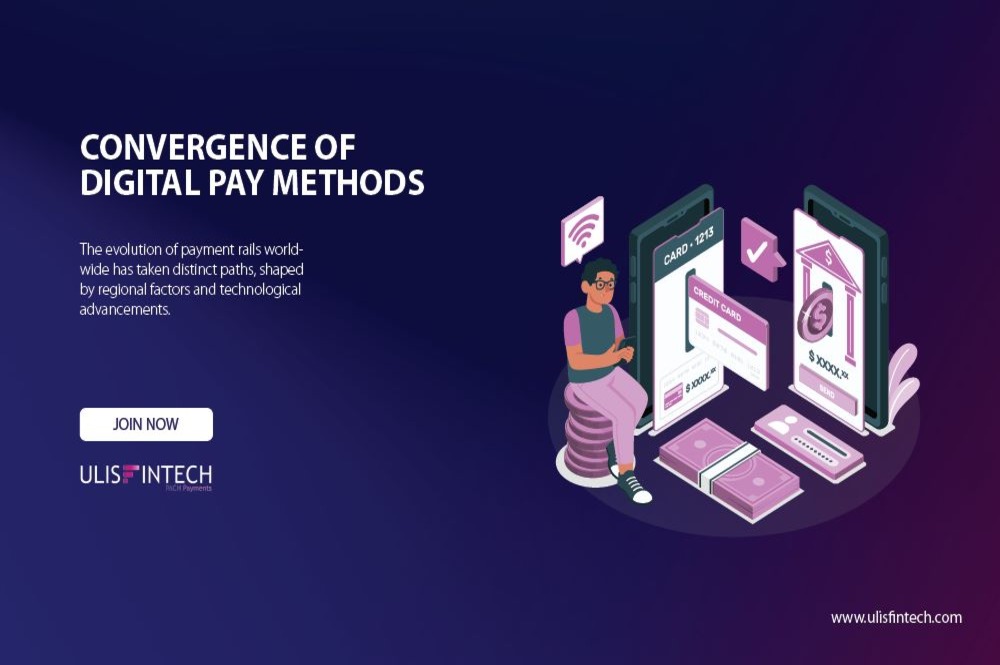Growth of Fintech in The COVID World
Mar 05, 2022 - 7 MINS READ

Growth of Fintech in The COVID World
People will demand the same ease and seamless experience from other sectors of life, including financial services, as they adjust to a digital lifestyle. Fintech has become a term in the financial sector and has profoundly influenced different fields such as banking, insurance, and investing. It also has a unique power to increase financial inclusion, enhance people's daily lives, and stimulate growth. The Fintech domain is expected to play a critical role in a post-COVID-19 environment. And, in order for this to occur, the Fintech industry must change and adapt to this new reality.
There are a few ways fintech businesses might hope to remain relevant in a post-pandemic world where the 'new normal' will reign supreme.
- Blockchain start-ups are expected to innovate.
Over the last two years, blockchain has been in nearly every fintech study. It is simply a technique that renders a computer file immutable and enables for worldwide circulation of that information. This technology is causing havoc in the financial services industry since it has the potential to save billions of dollars every year. Many trends are emerging in blockchain technology, and financial institutions are utilizing it for smart contracts, digital payments, identity management, and share trading. However, in the long run, it has the potential to alter the industry's dynamics. A slowing economy may increase security concerns while also providing more motivation for businesses to engage with such technologies and investigate opportunities for improvement.
- Fintechs to boost financial institution profitability
Fintech firms can assist conventional financial institutions to enhance their profitability and operations. These organizations can improve various operations that need human intervention, such as profile data, customer support, risk monitoring, security checks, verification, and payment processing, by using their technological skills and inside knowledge of banking systems. With the addition of the COVID-19 epidemic, the topic of making credit more accessible has come to the forefront.
- Reaching out to and assisting underbanked
Fintechs might assist governments in offering financial services to those who do not have access. Digital technologies are boosting transaction security, speed, and transparency, enabling the development of long-term financial solutions adapted to the needs of those with unpredictable or low incomes. The growing democratization of mobile money has already impacted the financial services business in areas where access to finance is limited.
- Personalization with big data and artificial intelligence
The world has witnessed the application of big data and artificial intelligence (AI). The engagement of large technology businesses would hasten their integration into numerous economic sectors. Financial companies may now keep, analyze, and act on unprecedented amounts of client behavior data. When supplied with the correct data, these technologies may provide clients with more advanced, tailored financial products and services than traditional banking ever could.
- Fintech is a relatively new industry.
Fintech is a new industry that can adapt swiftly to the changing nature of the planet. The sector is figuring out efficient methods to operate and is well-positioned to lead the financial industry's move to remote working. Fintech companies might begin automating many areas of their operations with RPAs and chatbots and de-emphasize the value of physical proximity in recruiting choices. Furthermore, conventional institutions suffer significant operational costs as a result of their large physical presence. Fintech firms may operate at substantially reduced costs, providing them market leverage.
- A road to commercial maturity
As the business matures, hyped-up investment cycles and first-mover advantages may begin to fade. New entrants would have to demonstrate the viability of their ideas, and only viable platforms would prosper. As more particular issues emerge during the economic crisis, these businesses and the investors who support them will have something concrete to address. Start-ups with solid business ideas will become successful and win a spot alongside the industry's major giants as financing shifts to assist them as they expand.







